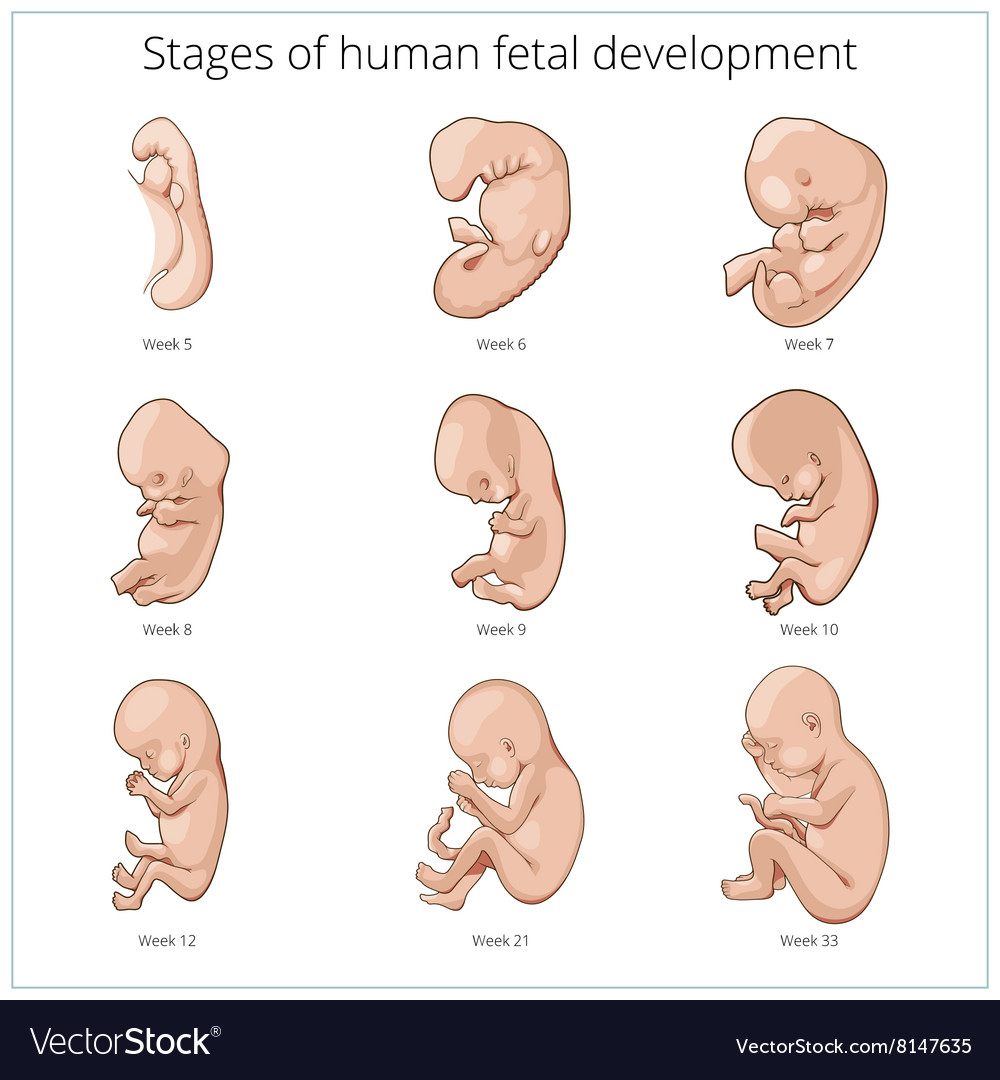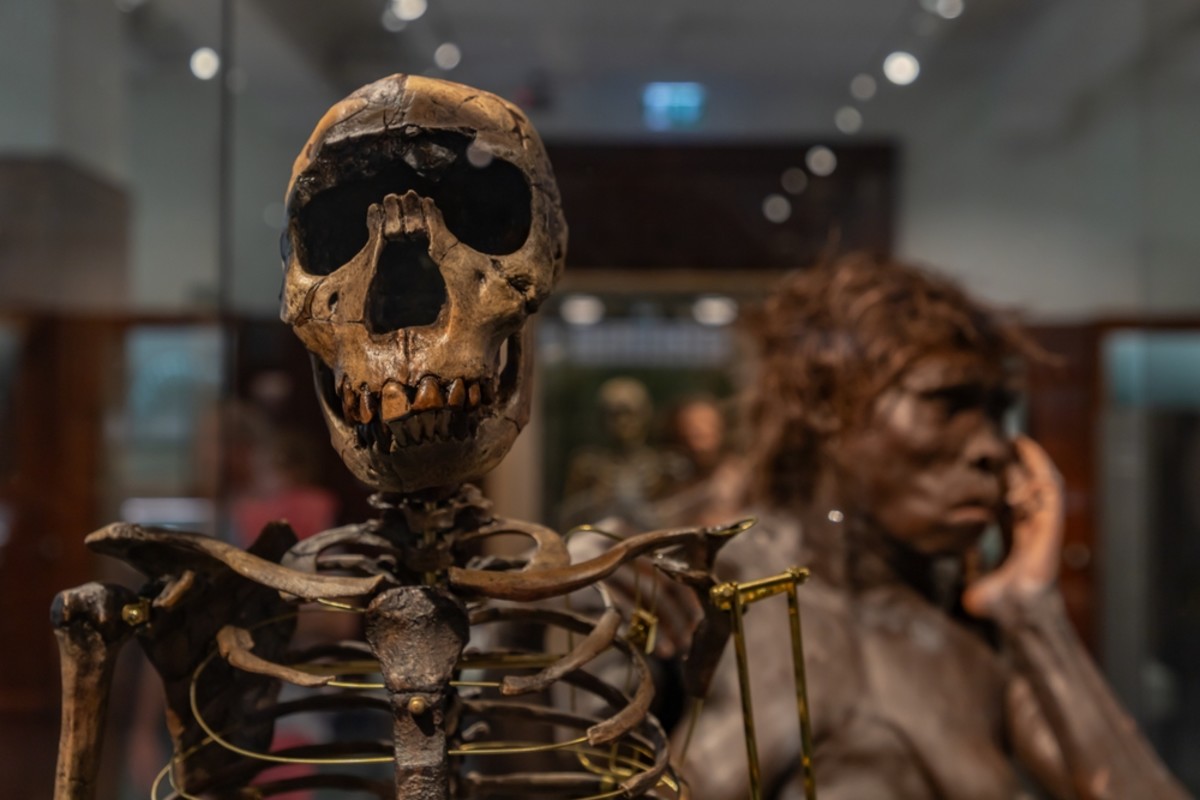I've never had imaginary friends or any bona fide visual hallucinations I can recall.The first link below gives an excellent list of evidence for the bicameral mind theory and, in some cases, alternate theories. It does touch upon primitive societies, children and schizophrenics. Specifically in terms of auditory hallucinations.
The part about children was very interesting to me. Just as we can see the evolution of mankind in the development of a fetus, notably gill arches and a tail, the evolution of the mind in mankind may be seen in children. As the link notes, children can have imaginary friends or other auditory hallucinations that they believe are real. The alternate explanation is "vivid imagination" but offers no evidence nor explanation.
FWIW, I never had an imaginary friend and only recall one visual hallucination when I was 5 or 6; I crawled up into the attic of the large base-housing apartment building and saw a red devil-like creature coming out from behind a beam causing me to run back downstairs. LOL
Summary of Evidence for the Bicameral Mind Theory - Julian Jaynes Society
A summary of evidence for Jaynes's theory of origin of consciousness and the bicameral mind, including relevance to the theory and ...www.julianjaynes.org

You definitely have to watch out for those demons in the attic!





